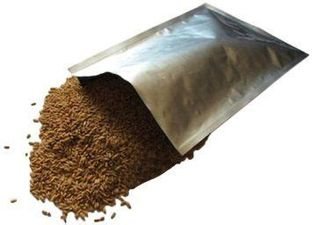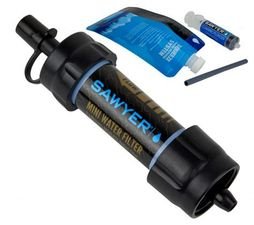Designing a plan for long-term emergency food supply depends on a range of factors. There is no one-size fits all approach. I would recommend people watch the Canadian preppers videos on food storage and/or read 'Food storage for self-sufficiency and survival' by Angela Paskett.
The staples are things like rice, beans, lentils, pasta, chickpeas, flour, sugar, milk powder, oils, oats, cocoa, vinegar, instant coffee, salt etc. I recommend getting a variety of your favourite canned and prepackaged foods as well, along with herbs, spices, powders and condiments etc.
Realfooddirect.co.nz and other bulk stores are a great source for dried beans, rice and things like that and can often deliver.
If you like you can get mylar bags and oxygen absorbers which are available at goodtohave.co.nz. They will protect the food from degradation to improve its shelf life and therefore its value. This does not include oily foods which go rancid. The food must be very dry. I recommend their blog on this https://goodtohave.co.nz/correct-food-storage-with-mylar-bags/. Then label and store it in a safe, dry, cool, dark area, ideally within plastic storage containers to protect from rodents.
How much to store per person depends on a persons energy output, diet, size, garden resources and other factors so please research based on your situation, but generally people under-estimate how much food they need for the long term. If you have the space and time it may be worth planting some autumn/winter veges.
If you want to generalise, Angela Paskett says you should have (per person per year) about 135kg of grain (rice, pasta, wheat, oats etc) 30kg of dried beans, 35kg of milk powder, 11kg of oil, 25kg of sugary stuff (sugar, brown and powdered sugar, honey, drink mixes, jams and jellies) the about 85kg each of both fruit and vegetables (canned, dried, juices) as well as things like baking soda, baking powder, vinegar and yeast. To be more specific about time frames is a whole subject in itself which the book covers.
Also, tools for water filtration, purification and storage are essential. These can be in the form of water filters available at goodtohave.co.nz and treatments found at places like like equipoutdoors etc. In an emergency try to fill your bathtub with water asap in case town water systems break, and have other food grade containers as backups. You should also have water stored already. This can be stacked containers (about 20ltr each for mobility reasons). Like food store more than you think you will use. having a large outdoor tank prefilled is a good idea, ideally with a rainwater catchment system.


